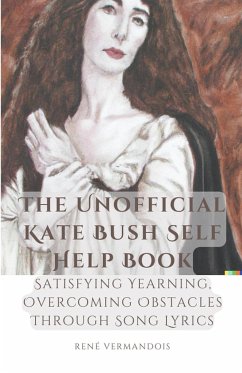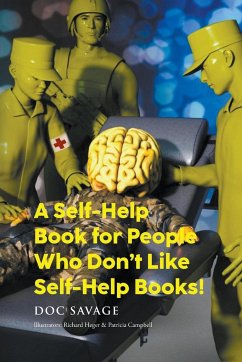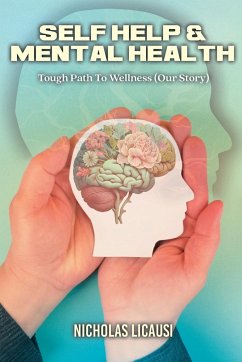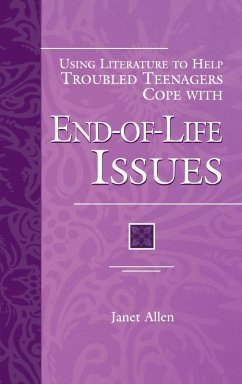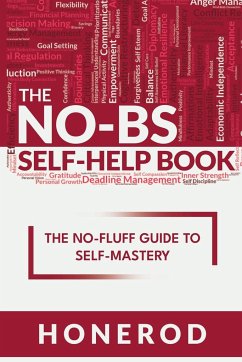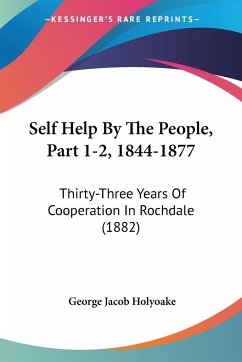
Self Help By The People, Part 1-2, 1844-1877
Thirty-Three Years Of Cooperation In Rochdale (1882)
Versandkostenfrei!
Versandfertig in 1-2 Wochen
24,99 €
inkl. MwSt.

PAYBACK Punkte
12 °P sammeln!
Self Help By The People, Part 1-2, 1844-1877: Thirty-Three Years Of Cooperation In Rochdale (1882) is a book written by George Jacob Holyoake. The book is a detailed account of the history of the Rochdale Society of Equitable Pioneers, a cooperative society that was founded in 1844 in Rochdale, England. The society was formed by a group of weavers who were struggling to make a living due to the unfair practices of the local merchants. They decided to pool their resources and start a cooperative store where they could buy goods at a fair price and sell them at a reasonable profit.The book is di...
Self Help By The People, Part 1-2, 1844-1877: Thirty-Three Years Of Cooperation In Rochdale (1882) is a book written by George Jacob Holyoake. The book is a detailed account of the history of the Rochdale Society of Equitable Pioneers, a cooperative society that was founded in 1844 in Rochdale, England. The society was formed by a group of weavers who were struggling to make a living due to the unfair practices of the local merchants. They decided to pool their resources and start a cooperative store where they could buy goods at a fair price and sell them at a reasonable profit.The book is divided into two parts, covering the period from 1844 to 1877. In the first part, Holyoake describes the founding of the society and its early years, including the challenges it faced and the successes it achieved. He also provides a detailed account of the principles and practices of the cooperative movement, which was gaining popularity at the time.The second part of the book covers the period from 1863 to 1877, during which the Rochdale Society of Equitable Pioneers experienced rapid growth and expansion. Holyoake describes the society's efforts to establish a network of cooperative stores throughout the region and the country, as well as its involvement in other social and political issues of the time.Overall, Self Help By The People, Part 1-2, 1844-1877: Thirty-Three Years Of Cooperation In Rochdale (1882) is an important historical document that provides a detailed account of the early years of the cooperative movement in England. It is a valuable resource for anyone interested in the history of social and economic reform, as well as for those interested in the principles and practices of cooperative organizations.This scarce antiquarian book is a facsimile reprint of the old original and may contain some imperfections such as library marks and notations. Because we believe this work is culturally important, we have made it available as part of our commitment for protecting, preserving, and promoting the world's literature in affordable, high quality, modern editions, that are true to their original work.




